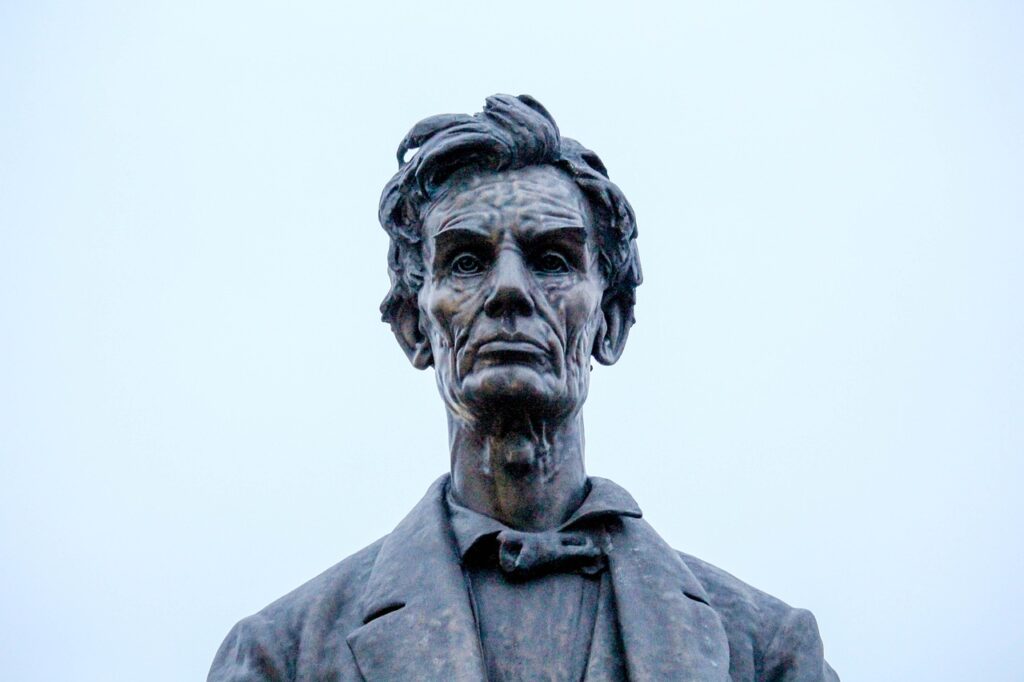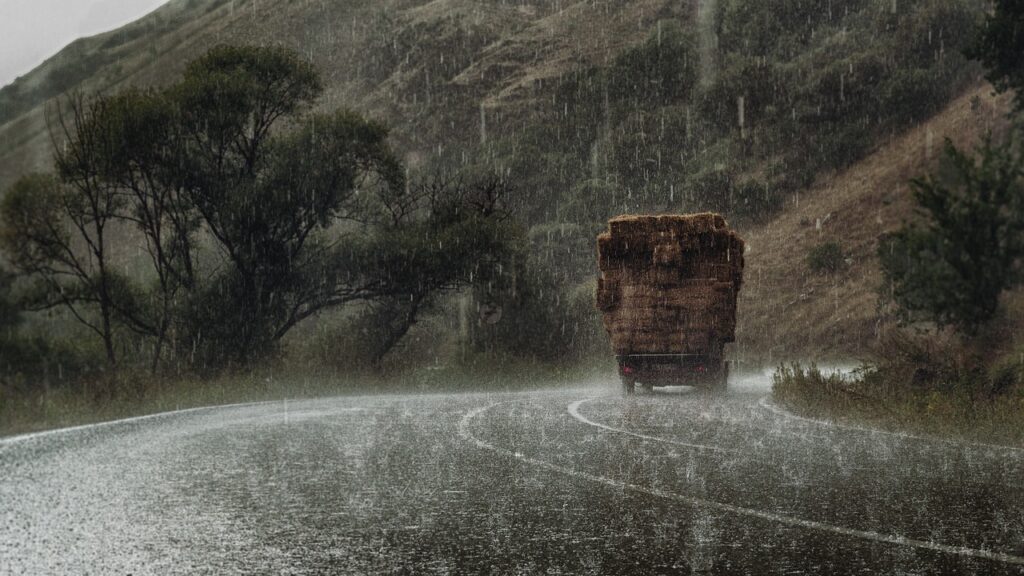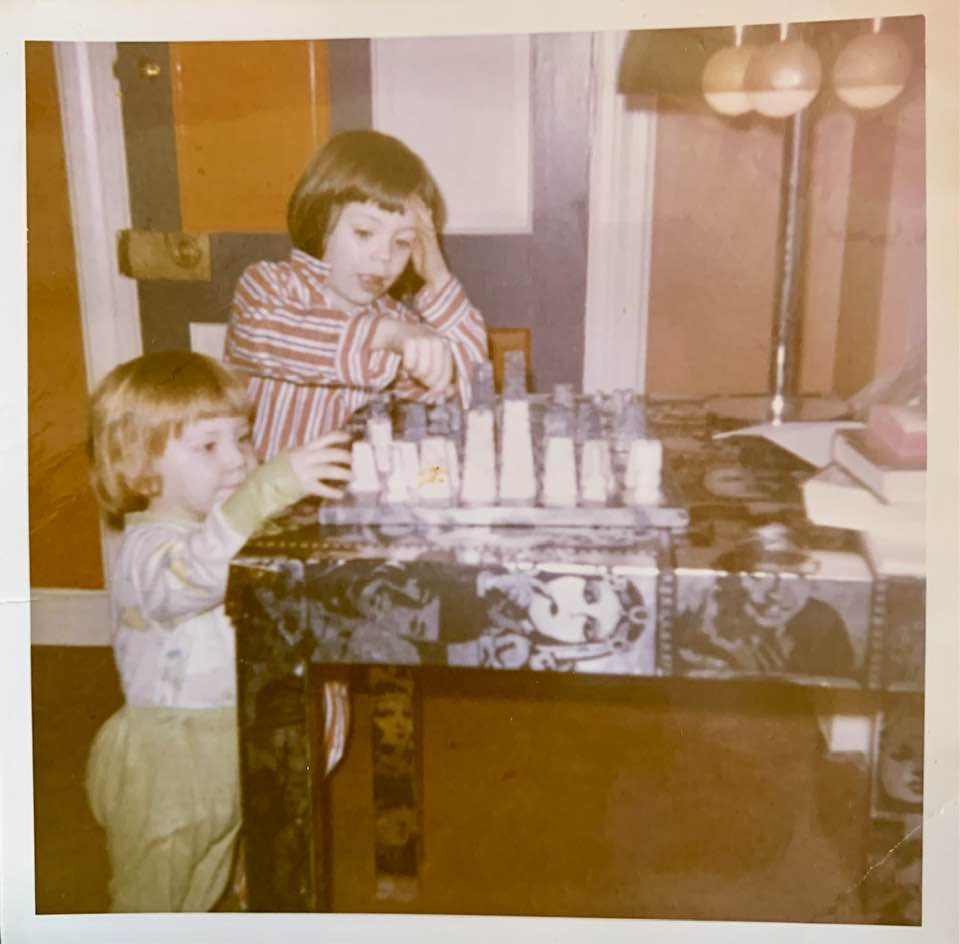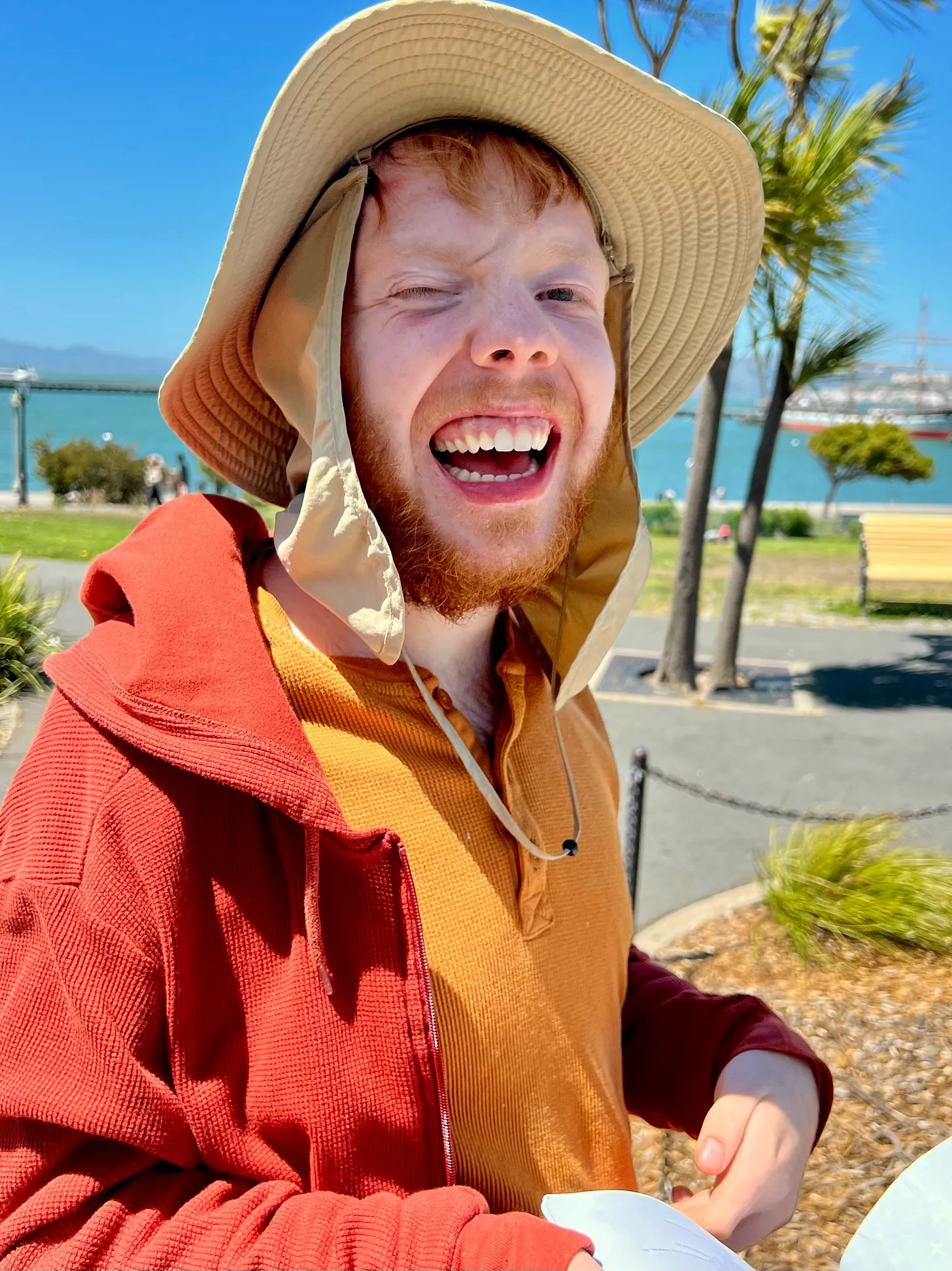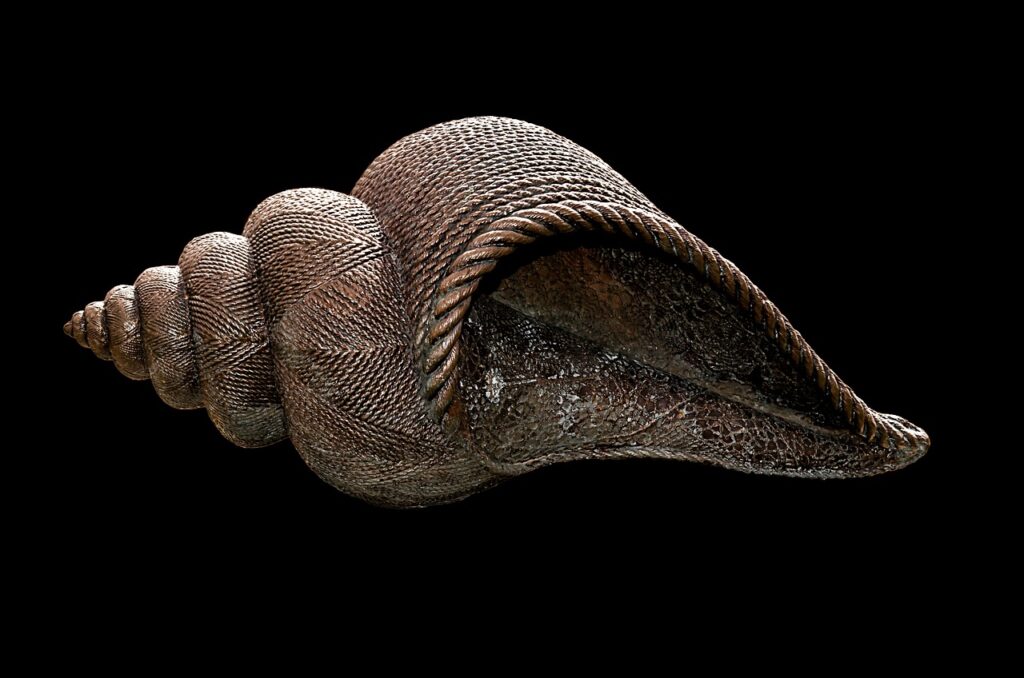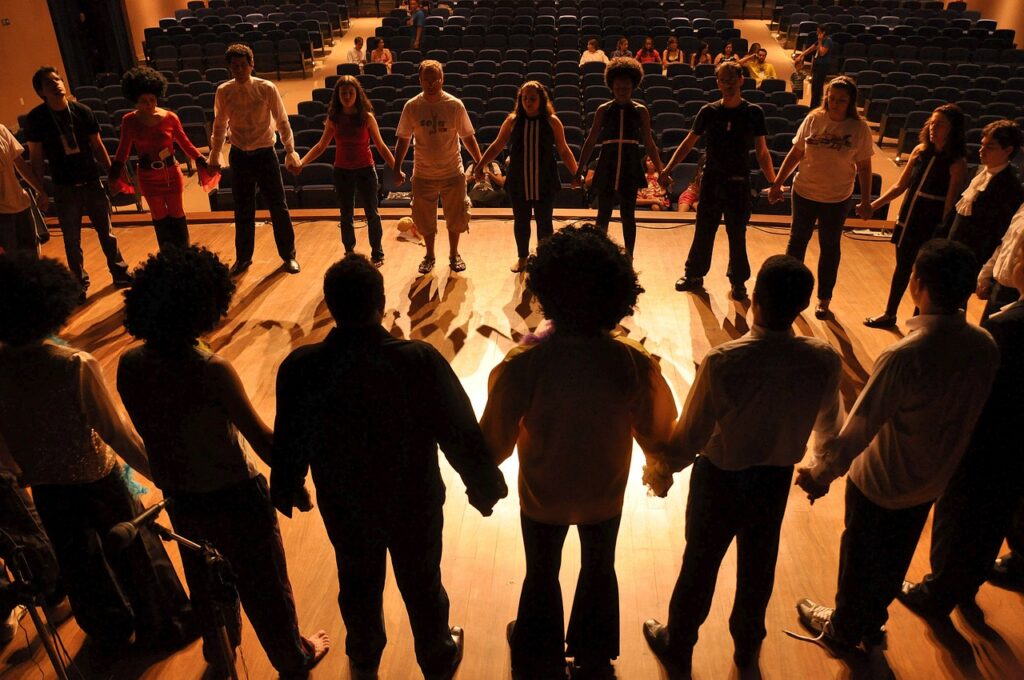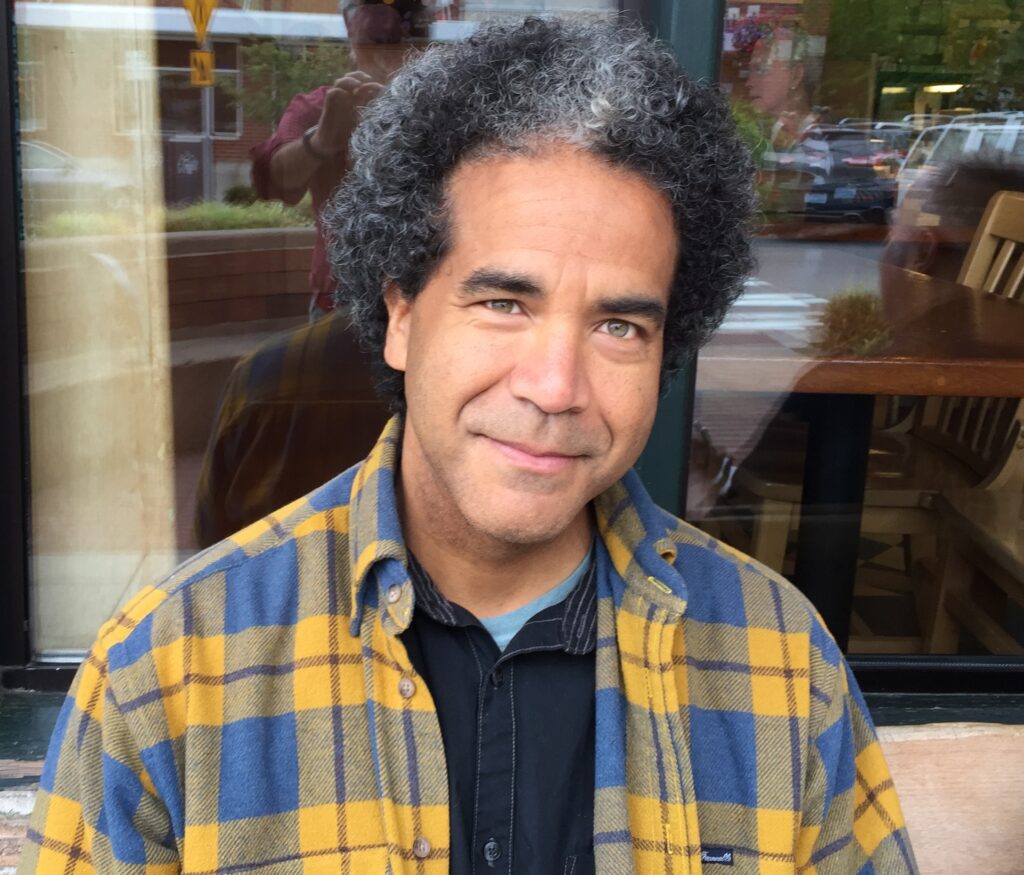
Dear Friends,
Thanks for your patience.
I’ve let my grief silence me for a couple weeks. After the sudden death of my friend David Breaux, I knew I would have to write about him before I wrote about anything else, but I didn’t feel ready to write about David.
Many of us try to live lives guided by compassion, but David made this his life’s work. To the extent that David elevated kindness (or inspiring thoughts about kindness) above every other concern, such as his own housing and safety, he didn’t match our expectations of a fellow citizen. Seeing David standing on a street corner in all kinds of weather, asking for definitions of compassion, some people thought he was crazy.
A comparative religion class would reveal that contemporaries of Moses, The Buddha, Jesus and Mohammed also thought they were crazy. Now we venerate those people. They recognized something that we were not ready to see, and now on weekends many of us repeat, chant, or sing what they told us.
All four of those religious figures lived in authoritarian eras (one could argue that the poet King David was himself a despot), and so they made proclamations, handing us ready-made precepts to live by.
David Breaux, by contrast, lived in a democracy, so he invited us to participate in the process of reflecting on, defining, and facilitating compassion. Sharing with David something that he could add to his notebook or his YouTube channel made me feel like I was contributing to a positive definition of the city of Davis.
I think of the last lines of one of my favorite short sections of Walt Whitman’s Leaves of Grass:
O Me! O Life!
Oh me! Oh life! of the questions of these recurring,
Of the endless trains of the faithless, of cities fill’d with the foolish,
Of myself forever reproaching myself, (for who more foolish than I, and who more faithless?)
Of eyes that vainly crave the light, of the objects mean, of the struggle ever renew’d,
Of the poor results of all, of the plodding and sordid crowds I see around me,
Of the empty and useless years of the rest, with the rest me intertwined,
The question, O me! so sad, recurring—What good amid these, O me, O life?
Answer.
That you are here—that life exists and identity,
That the powerful play goes on, and you may contribute a verse.
David Breaux asked us each to contribute a verse.
One of Walt Whitman’s contemporaries, Ralph Waldo Emerson, said that “You cannot do a kindness too soon, for you never know how soon it will be too late.” David shared kindnesses often, and we in the City of Davis also supported him in his journey. A friend of mine who volunteers in the Night Market in Central Park says that David was usually first in line when they started serving food that had been donated from local restaurants.
Nevertheless, I am haunted by that sentiment that “you never know how soon it will be too late.”
I had many conversations with David over the years, I introduced him to and had him give impromptu guest lectures to students in three of my first-year seminars, and I had him talk about his compassion project on my KDVS radio show.
At the funeral service of Karim Abou Najm, his father voiced regrets that he had not told his son more often that he loved him. Then he asked us to call a parent or a child or another beloved and tell them right then that we loved them. And then he waited for us to do so.
Grieving alone multiplies the grief, Professor Majdi Abou Najm told us, but grieving with others divides the grief.
It is too late in this world for me to connect with David Breaux (or my father or my best friend Tito) just one more time. Instead, I share these words with you with the hope that, together, we might divide our feeling of sadness and thus make them more bearable.
David Breaux gave us perhaps only one commandment: “Forgive.” Many will find his directive easy to understand and difficult to put into practice.
As I reflect on the garden of flowers that adorns David’s Compassion Bench, I think he would have appreciated this quotation by Rumi:
“Grief can be the garden of compassion. If you keep your heart open through everything, your pain can become your greatest ally in your life’s search for love and wisdom.”
Thanks for reading, and thanks to everyone who has been supporting me on Patreon. I’ve enjoyed creating 31 fresh Pub Quiz questions for subscribers every week, and I’m also making significant progress on a new Pub Quiz book, due out later this year.
Teams such as Quizimodo, The Original Vincibles, and The Outside Agitators have paid for a quiz every week for more than a year. Thanks! Would you care to join them?
Here are four questions from a recent quiz:
- Internet Culture. Players are not happy that you cannot pet the dog in a new video game with the subtitle “Tears of the Kingdom.” What is the title?
- Big Mountains. Recognized as the tallest mountain in North America, “Mount McKinley” was the official name recognized by the federal government of the United States from 1917 until 2015. What is its name today?
- Science. The largest gland in the human body is a spongy mass of wedge-shaped lobes. Name it.
- Unusual Words. What F verb means “Surprise Someone Greatly”?
Be well.
Dr. Andy
P.S. Poetry Night is Thursday at the John Natsoulas Gallery. We start at 7. Care for some rooftop poetry under the stars?




